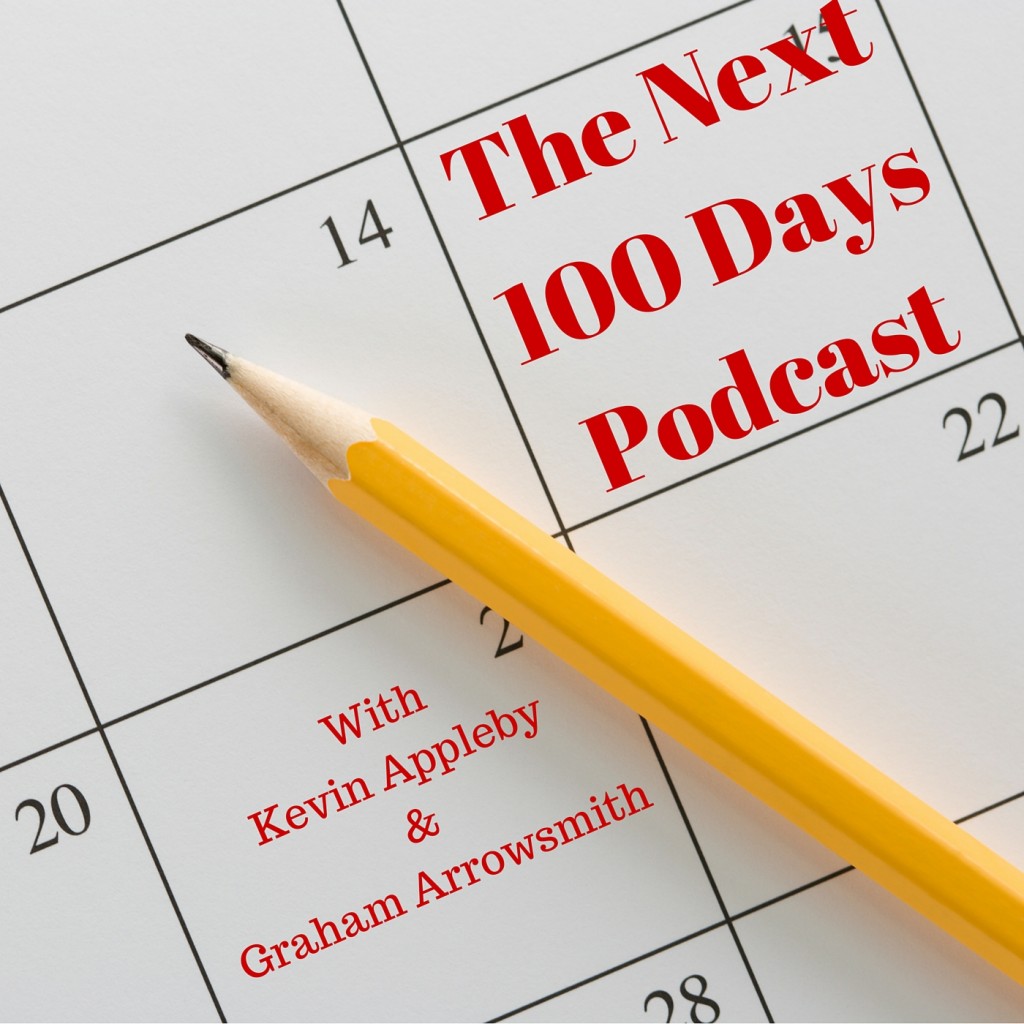Wellness with Patricia Bloj
Today we’re talking wellness with Patricia Bloj, all the way from Clapham, Romania, ha! From Romania, Patricia now lives in Clapham London. She runs a business called Metanoia Wellness.
What’s Metanoia Wellness all about?
As the name suggests, this business is about wellness. What Patricia actually focusses on is wellbeing. She helps people change their perception of Monday morning (what an excellent tagline!).
The majority of pre-pandemic experiences had the attitude of ‘keep your head down and get going.’ Unfortunately, work has become a bit of a rat race. At some point, life hits us with something hard. For some, this might be a mid-life crisis, for example. For other’s it could be illness. Sadly, this is how Patricia got into wellness and wellbeing, as she had to deal with mental and emotional burnout, a difficult boss and, of course, her illness.
So, what is wellness? Wellness is very much physical. It’s do with our ability to feel well from a bodily perspective. On the other hand, wellbeing is much more holistic. It refers from all areas of life. Patricia recommends looking at wellbeing from a mind, body, heart and spirit perspective. This is because these four major intelligences (physical/mental/etc) have a huge impact on one another. The more we understand us through these areas, the better we get out of ourselves and others too.
The four intelligences: what’s ‘heart’?
What do you care about most in life (and it can’t be a thing or a person)? It’s a tricky question really. It’s challenging to think about what you truly care about, because it’s not something we really talk about.
Your heart is ultimately your conscience – it is where your values are stored and it’s imperative to the drive of human beings. It’s incredibly underestimated. Whether we’re managing a team, working with others or just exercising our capacity as parents, too often we relate to other humans on a rational level. We use our thought and our brain. The problem is that we are never going to truly connect to people without understanding their drive.
Why is wellbeing important but not a priority?
Unfortunately, we don’t really understand what is valuable to us. We don’t connect with our hearts to make decisions. We often make decisions based on what we find valuable at the particular time of decision-making, rather than referring to the core values.
Lots of people think that wellbeing is easy. No. The biggest barrier to the growth of a person is our inability to handle pain. Life is difficult. But what we tend to do is create immediate pleasure (through ease, escapism, etc) – the challenge is that we don’t ever grow. We must change our relationship to pain and realise it is necessary for us to develop.
Wellbeing and managing people (employees and children)
Leadership starts in the home. It’s about helping yourself and others be the best of themselves. How can you lead others if you cannot lead yourself first and foremost, and then the home, and then the work?
At the moment, we usually tell our children what they need to be doing. But, children mimic. So, you can say for as long as you want “you should do x, or y”, but if you’re not doing it yourself the child is not going to follow through. If, as adult, we cannot manage our own wellbeing, we can’t help others (be them children, or other adults) with their wellbeing.
How do you apply this knowledge of wellness/wellbeing to someone who wants your services?
- Diagnose – Patricia tries to discover as much as possible about where that person is and, based on that, she can then prescribe a treatment.
- Prescribe- the prescription comes in different forms. The ideal scenario is that Patricia gets to work with someone on a more personal, 1:1 level. That is through mentorship coaching. That is much more to do with the self-leadership element. She helps them see their blindspots and through the process of becoming independent, primarily, on an emotional level.
Lockdown – where’s that going to play on emotional resilience, etc?
At the moment, in lockdown we don’t have liberty. We don’t have liberty of movement because we have some restrictions. What we do have is freedom. Freedom is an internal response. Therefore, we’re spending time like never before with our families. This is a great opportunity to think where are our relationships? What level do we relate on and have we actually chosen to avoid certain conversations or topics before, because we have chosen to keep the peace.
How do we choose to respond to certain situations? Do we choose to pay attention to how that reflects on our life and ourselves? And, what do we do about it? Lockdown provides an opportunity to think about these questions.
In fact, this situation has made wellbeing a priority if you choose to see it.
The next 21 days…not 100?!
The 21 day challenge is a challenge. People think it’s easy, but no, it’s hard. Mainly the theme is mental and emotional resilience. Throughout the challenge, you receive daily tasks to do – at roughly ten minutes. Patricia is there to help them with the accountability and to help those who do the challenge incredible problem-solvers. It’s not an easy challenge and so she is there for encouragement.
No-one will invest in you if you don’t choose to invest in yourself. When you get something for free, the level of commitment is not very high. You have to be prepared to put your money behind you and being the things you deem important.
If you would like to know anymore about the 21 day challenge click the link or follow to her site at metanoiawellness.com.





